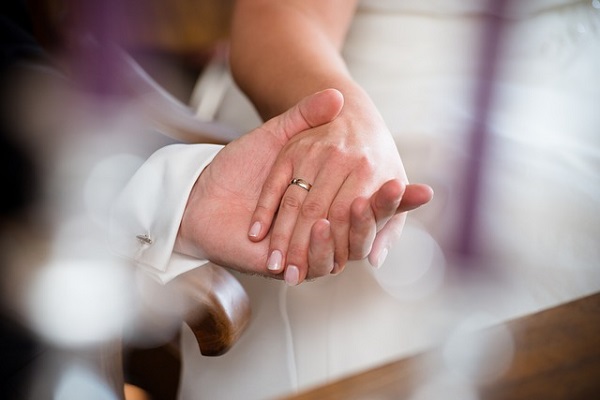
Same-Sex Marriage Ruling Will be Followed by New Legal Battles
- By Alison Lesley --
- 16 Jul 2015 --

Chief Justice John G. Roberts Jr thinks the decision puts the free exercise of religion in danger.
On June 26, the court ruled by a 5-4 vote that gay and lesbian couples have a constitutional right to marry. The close divide among the justices almost ensures that new legal battles lie ahead, the Los Angeles Times reports.
Chief Justice John G. Roberts Jr. was one of the justices that voted against the legalization of same-sex marriage, fearing that the decision puts the free exercise of religion in danger.
According to Roberts and three other justices, “hard questions” arise when people of faith exercise religion in ways that may be seen to conflict with the right to same-sex marriage. He also foresaw a threat to tax exemptions for religious schools and colleges that oppose gay marriage. The Supreme Court, however, expanded religious liberties a year ago with the Hobby Lobby ruling.
Some conservatives have warned that the ruling forces religious people to perform same-sex weddings even though the weddings violate their faith. However, ministers and pastors still have a right to refuse to participate in these ceremonies, which both sides are willing to acknowledge.
Disputes could arise on state level. All county clerks, for example, have to issue marriage licenses regardless of their religious beliefs. What happens if a government employee refuses to do so? Several states have said that they planned to “accommodate” individual employees who objected to same-sex marriage, but only if another employee was available to take their place.
Meanwhile, a majority of the disputes have been about someone in the wedding business refusing to serve a same-sex couple because of his or her religious beliefs. These cases are mostly resolved with laws in about half of the states that require businesses that are open to the public to serve customers without regard to sexual orientation.


















